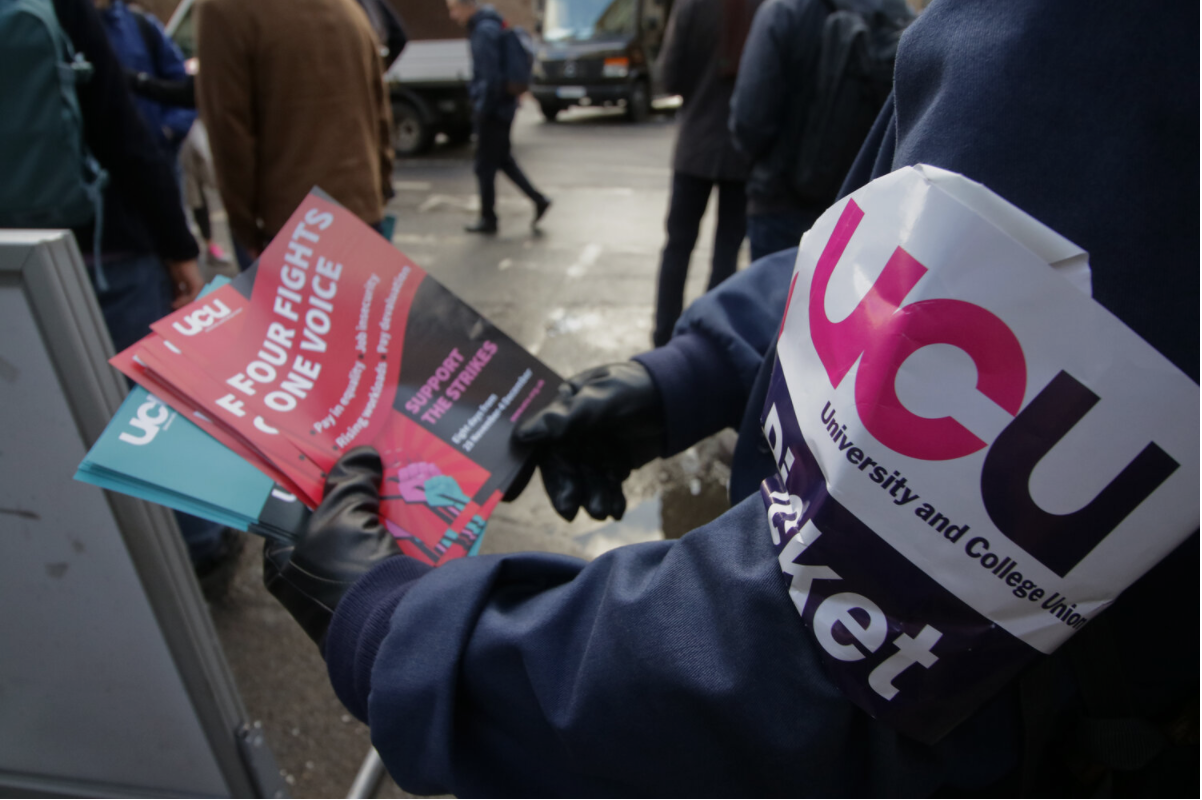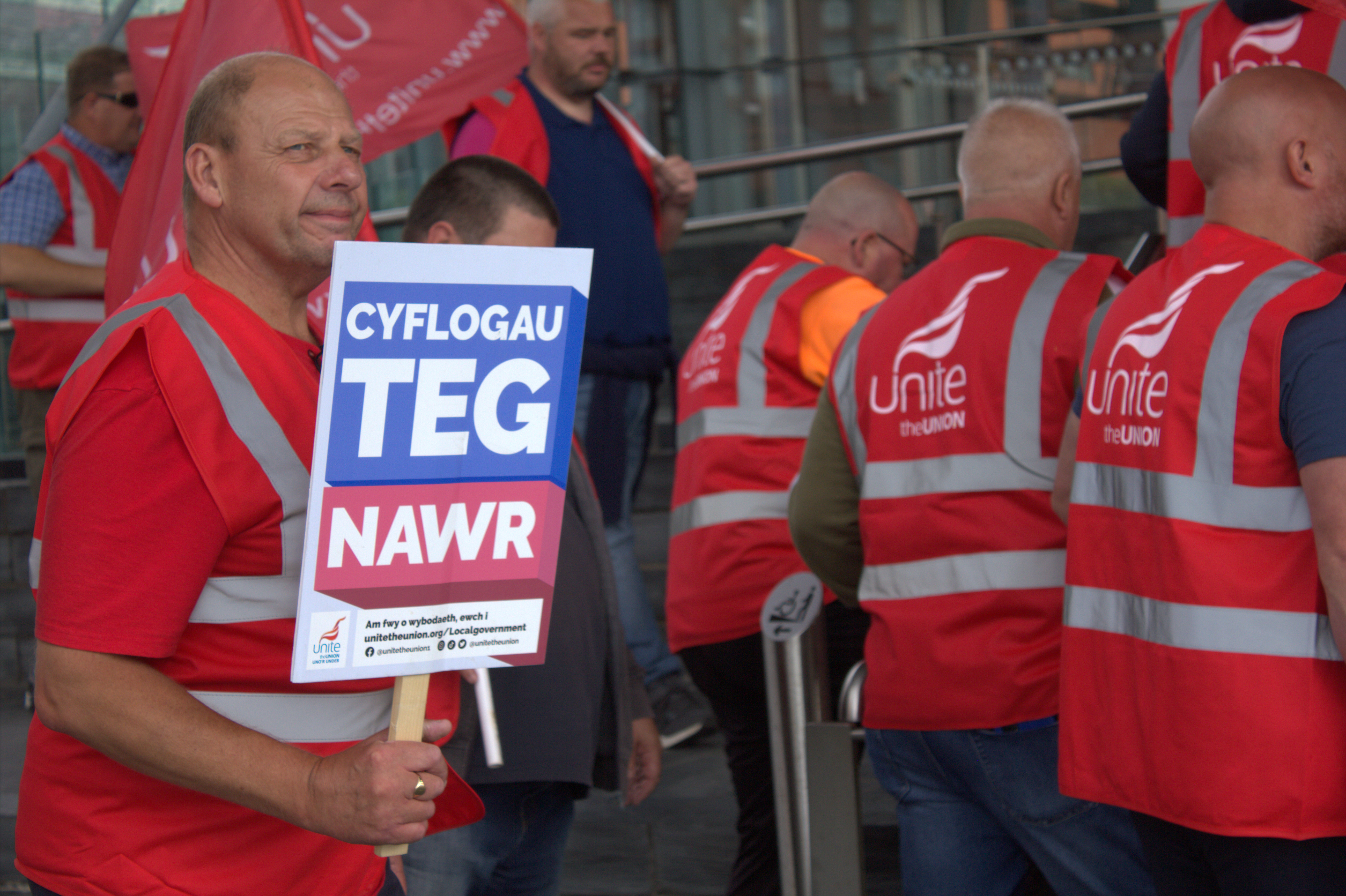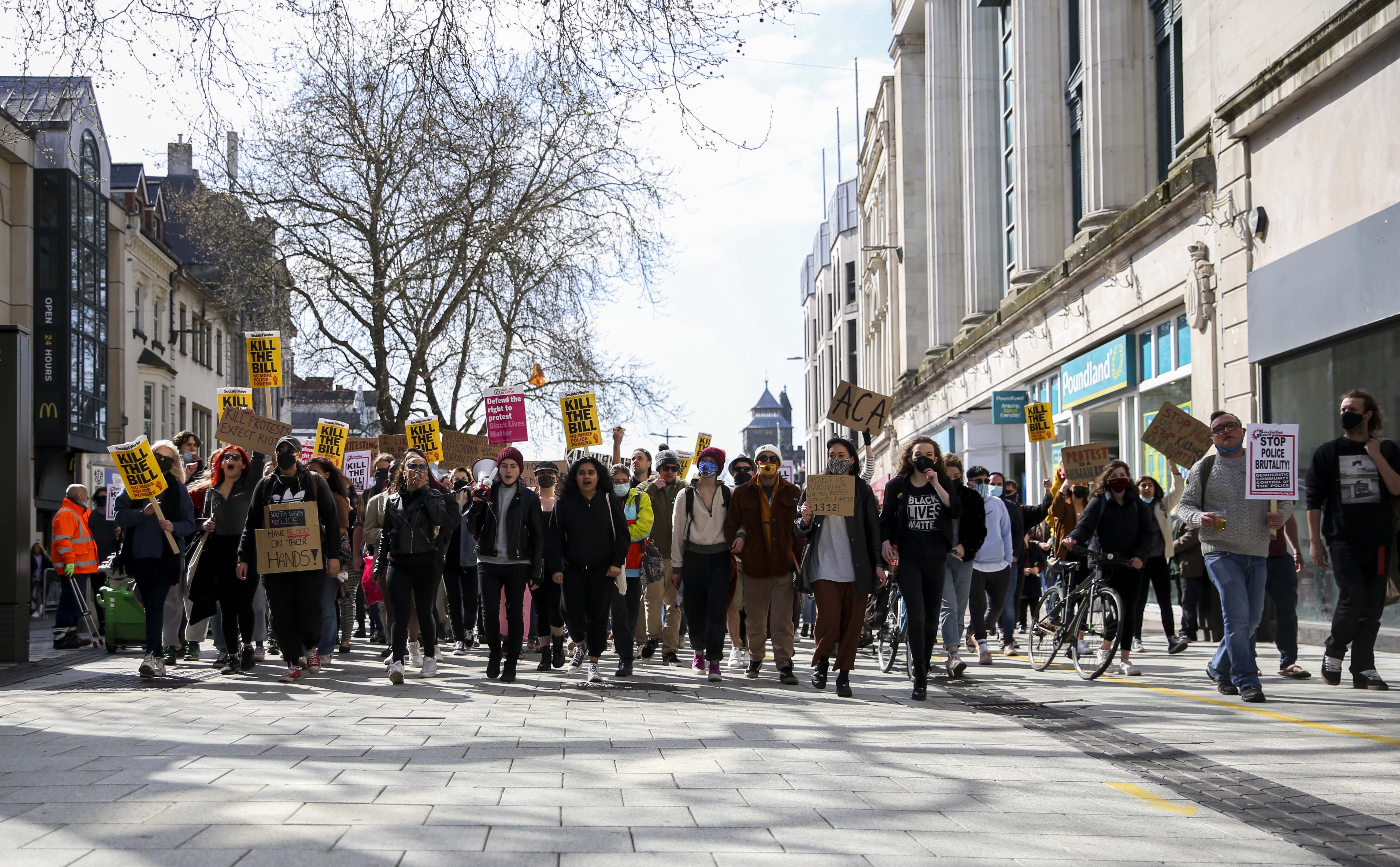
Shocking Levels of Exploitation at Cardiff University Revealed as Workers Begin 14 Day Strike
CARDIFF UNIVERSITY COLLEGE UNION (UCU) SURVEY SHOWS LARGE NUMBERS OF STAFF ARE ON PRECARIOUS, CASUAL AND ZERO-HOURS CONTRACTS
EFFECTS OF PRECARIOUS WORKING HAVE LED SOME WORKERS TO BE PRESCRIBED ANTI-DEPRESSANTS AND EVEN BEGIN THERAPY FOR ANXIETY
UNION BEGINS 14 DAYS OF STRIKE ACTION AGAINST WORKFORCE CASUALISATION, RISING PAY INEQUALITY, AN ATTACK ON PENSIONS AND MASSIVE WORKLOADS
By SC Cook. Cover Image: Steve Eason
The union representing academic, teaching and research workers at Cardiff University have revealed the shocking levels of exploitation within the institution.
As they begin 14 days of escalating strike action over 4 weeks, Cardiff UCU has shown voice.wales staff testimonials which detail the widespread use of casual contracts, and their impact on staff who are given them. The statements – part of over 800 collected by the union – reveal the way in which large numbers of staff are kept in precarious work for years.
The effects are shown to be harmful for many and go against the common perception of academic work as being secure and well paid.
Statements describe living in poverty as a result of being paid weeks and, in some cases, months late.
In one testimony, a worker on a zero hours contract describes how her and her colleagues “worked from October to end of November, and were only paid on the last day of November, which is 8 weeks without being paid a penny.”
She goes on to say how various staff within her department “fear that they will lose their housing because of precarious working conditions….Some colleagues in their 40s, have had to have financial assistance from their parents (who are in their 70s) in order to survive financially”
The document seen by voice.wales also details the way in which rampant casualisation has created a mental health crisis within the university, affecting mainly women workers.
The survey was conducted by Cardiff UCU’s anti-precarity group at the end of 2018 and into 2019, yet the union say the issues have still not been resolved, with large numbers of workers continuing to face stress, poverty and an uncertain future. The statements were given on condition of individual workers remaining anonymous but the union says they are verifiable and reflect the cases they deal with regularly. Voice.wales reported earlier in the year that some staff had to sign on to unemployment benefit as a result of late payments from Cardiff University.
In one statement from the survey, a researcher talks about a ‘terrible toll’ on people’s mental health. “When I went on anti-depressants,” they say, “I mentioned it to a few colleagues, and was surprised at how many were also on them. We should not need anti-depressants to get through our work day.”
Another worker asked the union to take up a campaign over the number of researchers on anti-depressants. “It is surprisingly high,” they write, “but no-one talks about it.”
Another member of staff decribes how the “feeling of not being valued is almost overwhelming sometimes…when I think of the money I could have earned and the respect I could have commanded in other sectors, it’s enough to make me weep.”
She goes on to talk about the “lack of care here [Cardiff University], the carelessness…. There is no indication that the university values this work at all.”
Many of the statements refer to the ‘double whammy’ experienced by precarious workers who, because of not having a long term contract or being paid hourly, are disadvantaged in other areas as well.
One member of staff says that she struggled to get housing “because many rental agencies refuse to consider applicants on temporary contracts.”
“As a result of having to move institutions,” she writes “I was homeless for the first 4 months of my time at Cardiff.”
As a result of of these issues, and constantly having to change jobs on short term contracts, the researcher says she ended up in a course of therapy for anxiety.
In another statement, a worker who is paid by the hour says she is not allowed to take advantage of a scheme that could reduce her childcare bill, despite it being available to permanent staff.
“Because of the way I get paid,” she says, “I’m not allowed to take part in the salary sacrifice scheme for childcare, but I still have to pay for childcare for all the hours I work. This is particularly difficult as I get paid long after I work, but have to pay the university crèche fees upfront.”
Commenting on the testimonies, Renata Medeiros-Mirra from the UCU union, told voice.wales that she was aware that there would be issues when they conducted the survey, but was surprised by the scale of the problem.
“I was still a bit shocked with some of the testimonies, I have to say. I still couldn’t quite believe some of them and I was very sad that people are going through that. I think when we saw them it felt even more urgent to really change things.”
Following the survey, University management acknowledged the situation needed to be addressed and agreed to meet the union. Despite this, however, the union says the situation is still the same for many workers.
The issues of precarity and increasing casualisation is at the heart of the strike which begins today, involving 74 UK universities in what is being called the biggest strike in the history of higher education in Britain.
UCU Media Spokesperson Andy Williams said in a press statement that:
“None of us want to strike, and none of us want to disrupt student learning. Thankfully our students, in the main, understand the issues. They don’t want to be taught by under-paid, over-worked, staff grappling with gig-economy-style working conditions and the prospect of not being able to retire with dignity. They can also see it’s wrong that those who deliver their education are paid less just because they’re women or people of colour.”
The action being taken by university workers in the UCU is part of a long running dispute which began in 2018 as a strike over pensions. Workers successfully defended their pensions that year with a 14 day strike, but now university management and pension scheme bosses are demanding higher contributions from employees. This is in spite of independent evidence saying the scheme is healthy and according to the union will “price out new entrants and make the scheme truly unsustainable.”

Since the initial round of action, however, the dispute has grown to incorporate a wider range of issues which thousands of workers across the UK will be striking over today. These are:
- Pay, which the union says has fallen 20% in value in 10 years;
- Workload, which UCU claims is fuelling a staff mental health crisis;
- Insecure employment in Universities, where fixed-term and zero-hours contracts are still common, and PhD students who teach don’t even have contracts;
- pay inequality, which sees women and people of colour paid far less than white men for equivalent work, as well as massive pay packets for senior managers at a time when the most exploited workers are so insecure.
The Vice Chancellor of Cardiff University, Colin Riordan, whose salary is £256,798 per annum, angered staff when he said recently that he could not ‘solve these issues unilaterally.
The union hit back at these comments, calling them disingenuous. In a statement, Cardiff UCU said: “The employer organisations at national level do what the Vice Chancellors tell them. We urge him [Mr Riordan] to take the brave step of backing his staff, and joining the fight to save UK higher education, before he loses our trust entirely.”
At a local level, and on issues around casualisation and long term contracts, the union says the Vice Chancellor has even more power to intervene for the benefit of the workforce.


